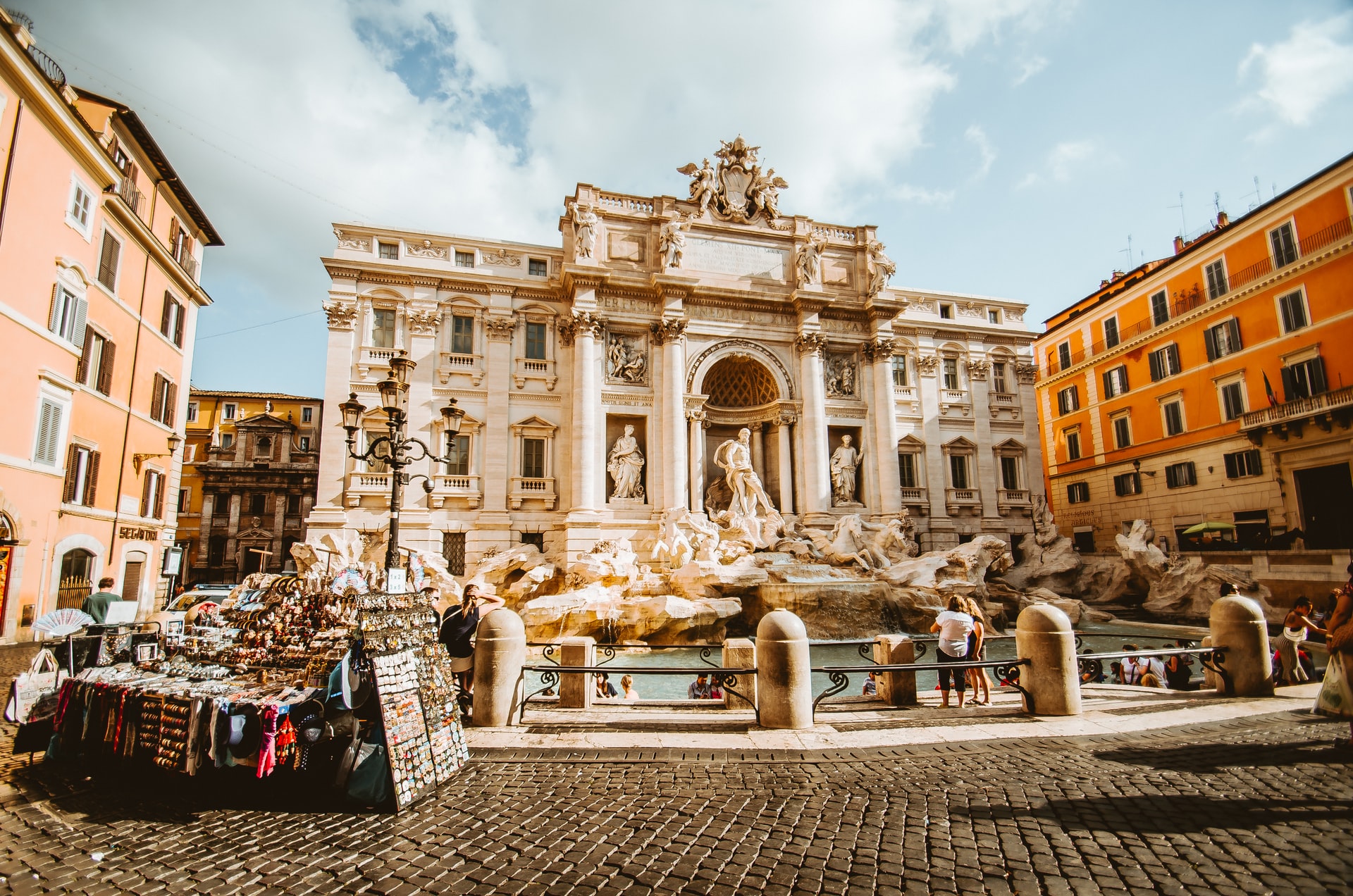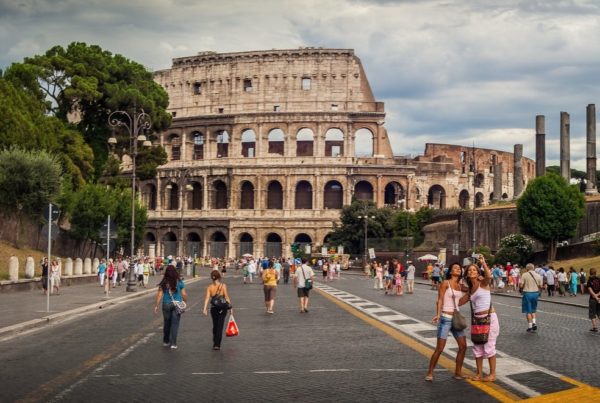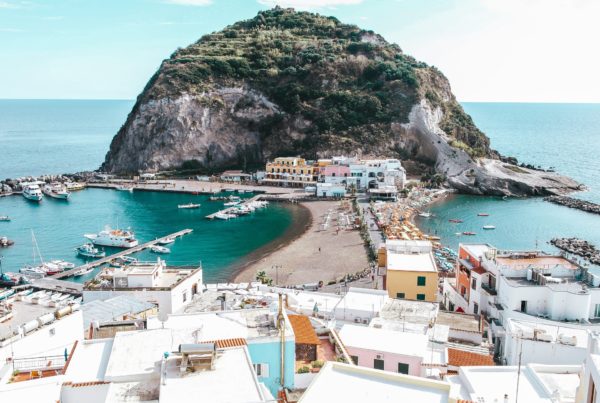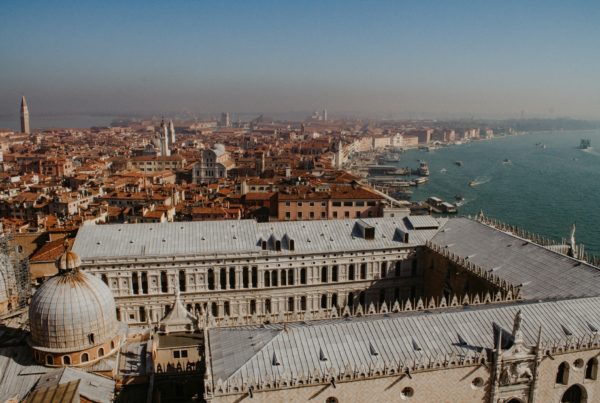If you work up a thirst as you explore the sunny streets of Rome, don’t waste your money on bottled water.
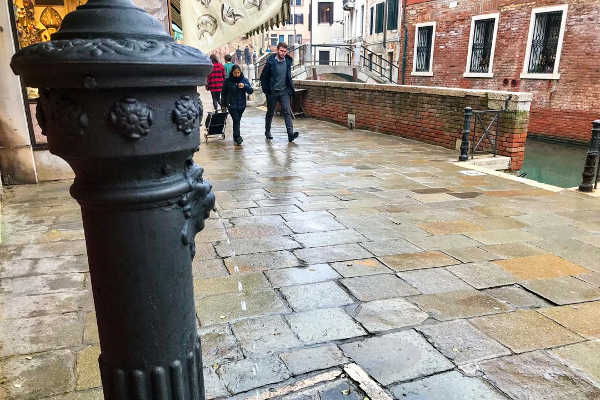 |
| Rome‘s tap water |
Rome’s network of fountains offers safe drinking water for residents and visitors alike.
Sightseeing can be thirsty work, especially under the Roman summer sun. If you become in need of hydration as you wander Rome’s streets, the water from the tap is safe to drink and tastes good. Fill up your water bottle or drink from a water fountain to save money and reduce plastic use.
Water supplied to households, businesses and flowing from the drinking fountains around the city undergoes rigorous quality tests by the local water authority (ACEA). Rome has received its water from nearby sources for more than 2000 years via the aqueducts that are still used today.
Aqueducts – bring water to the city for thousands of years
The Ancient Romans built many of the aqueducts that supply the city’s residents with their water today. While they fell into disrepair with fall of the Roman Empire, some were renovated after the 15th century to again transport water for the city’s fountains, baths and households.
Nasoni – hydration for all
The fountains that dot the Roman streets, known as Nasoni for their “big nose” spout, offer hydration to the city’s residents and visitors. You can fill up your water bottle with the fresh, clean water from one of the thousands of Nasoni around Rome. Find where they are by downloading and using the Nasoni app.
If you don’t have a water bottle with you, simply plug the spout with your finger to push the water to flow through a hole in the top. Cupping the water in your hand or putting your head under the tap to drink will single you out as a tourist.
Ordering tap water in restaurants
While the water in Rome and Italy is safe to drink and tastes fine, Italians have one of the highest rates of consumption of bottled water in the world. Maybe it’s a cultural thing or maybe it’s because bottled water is relatively cheap. With over 10 billion plastic bottles consumed per year, and many of those finishing up in landfill, carrying a refillable drink bottle is one small step you can make to help the environment. However, if you ask your waiter for tap water, they won’t think you are trying to save the world, just trying to save money.
It is an expectation in Italian restaurants that you should buy bottled water, rather than request tap water. Some may even refuse to serve tap water, but with plastic pollution becoming a more visible problem, change might be coming soon. Mostly it will depend on where you go, and who serves you, so it doesn’t hurt to ask politely.
Recommended Rome Tours: 1 Day Colosseum & Rome City Tour
Price: €94
Company: Sightseeing Tours Italy
Related article: Guide to Rome, Italy
About the Author

Alice is an Australian based globetrotter. She loves exploring and sharing her adventures as she goes. Alice is the owner at Alice’s Adventures.
Follow Alice


